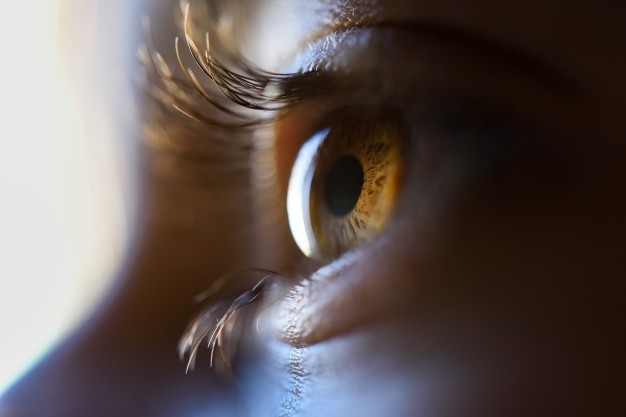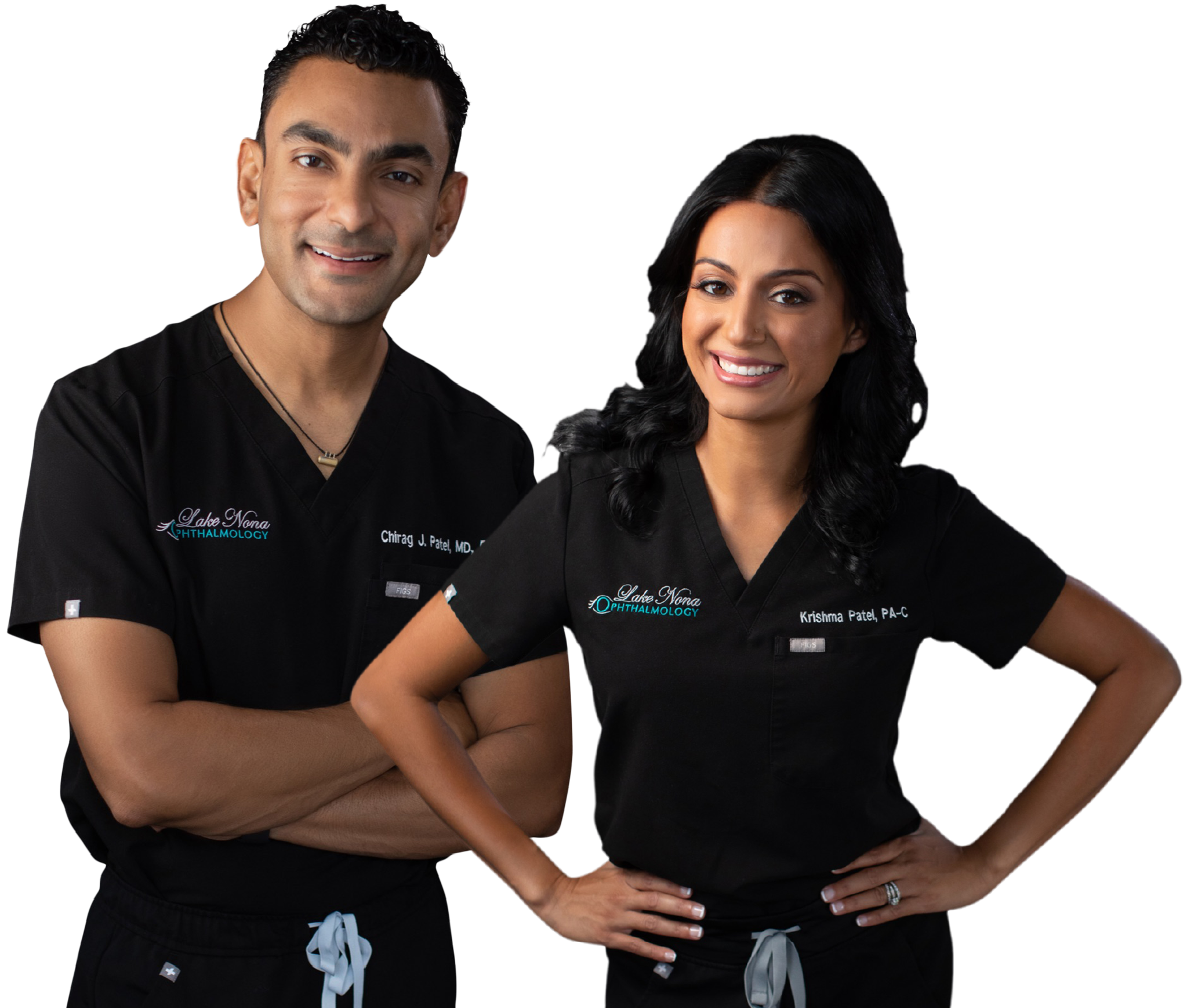Dry Eye Syndrome
Dry eye is a condition in which there are insufficient tears to lubricate and nourish the eye. Tears are important for maintaining the health of your eye and providing good vision. If you have dry eyes, you either do not produce enough tears or have a poor quality of tears. Dry eye is a common and often chronic problem, especially in older adults.
What Are Tears Anyway?
The eye requires constant moisture and lubrication from the flow of tears to help maintain vision and comfort. Tears are a combination of:
- Water (for moisture)
- Oils (for lubrication)
- Mucus (for even spreading)
- Antibodies and special proteins (for resistance to infection)
These components are secreted by special glands located around the eye.
Dry Eye Syndrome
Dry eye is a condition in which there are insufficient tears to lubricate and nourish the eye. Tears are important for maintaining the health of your eye and providing good vision. If you have dry eyes, you either do not produce enough tears or have a poor quality of tears. Dry eye is a common and often chronic problem, especially in older adults.
What Are Tears Anyway?
The eye requires constant moisture and lubrication from the flow of tears to help maintain vision and comfort. Tears are a combination of:
- Water (for moisture)
- Oils (for lubrication)
- Mucus (for even spreading)
- Antibodies and special proteins (for resistance to infection)
These components are secreted by special glands located around the eye.
Symptoms of Dry Eye Syndrome
When there is an imbalance in this tear system, a person may experience dry eyes.
- Stinging or burning
- Gritty feeling
- Scratchy eyes
- Blurred vision
- Excess watering
- Redness
- Tired or irritated eyes
Causes of Dry Eye Syndrome
In addition to an insufficient tear system, dry eyes can be caused by situations that dry out the tear film (the liquid layer that bathes the cornea). This can be due to dry air from air conditioning, heat, or other environmental conditions. Other conditions that may cause dry eyes are:
- Age – As we age, tear production tends to diminish. That’s why dry eyes are more predominant in people over the age of 45.
- Gender – Because of hormonal changes with pregnancy, menopause, and contraceptives, women tend to be more likely to develop dry eyes than men.
- Medications – Prescriptions like antihistamines, decongestants, blood pressure medications and antidepressants can cause tear reduction as a side effect.
- Medical Conditions – People who experience rheumatoid arthritis, diabetes and thyroid problems are also likely to experience dry eye symptoms.
- Environmental Conditions – Factors like wind, smoke and dry climates speed up the evaporation process, leading to dry eyes.
- Other Factors – Long-term contact wearers and recipients of LASIK surgery are also more susceptible to dry eyes than those that wear glasses or use no form of vision correction.

Treatment for Dry Eye Syndrome
Though dry eyes cannot be cured, there are a number of steps that can be taken to treat them. You should discuss treatment options with your eye care specialist.
Treatments for dry eyes may include:
Artificial tear drops and ointments
The use of artificial teardrops is the primary treatment for dry eye. Artificial teardrops are available over the counter and with a prescription. No one drop works for everyone, so you may have to experiment to find the drop that works for you.
Temporary punctal occlusion
Sometimes it is necessary to close the ducts that drain tears out of the eye. This may be done temporarily with a dissolving plug that is inserted into the tear drain of the lower eyelid to determine whether permanent plugs can provide an adequate supply of tears.
Non-dissolving punctal plugs
If temporary plugging of the tear drains works well, then longer-lasting plugs or cautery may be used. These measures increase the tear level by blocking the “drain pipe” through which tears normally exit the eye and enter the nose.
Lipiflow
Lipiflow is a medical device that uses heat and pressure on the eyelids to unclog blocked glands. These glands produce oil as part of the tear film. The oil lubricates the eye and prevents the tears from evaporating.
Restasis
The FDA approved the prescription eye drop Restasis for the treatment of chronic dry eye. It is currently the only prescription eye drop that helps your eyes increase their own tear production with continued use.



